20 Times Women Took Over the Oscars
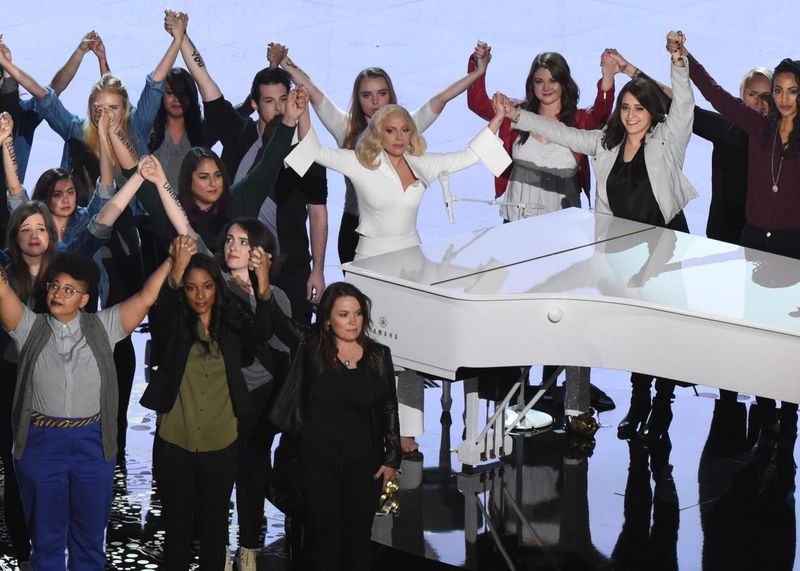
The Oscars have always been about glitz and glamour, but some of the most unforgettable moments belong to the women who dared to break barriers. From powerful speeches that changed Hollywood to historic wins that shattered glass ceilings, these women didn’t just attend the Academy Awards—they owned them. Let’s look back at the game-changing moments when women took center stage and left their mark on Oscar history.
1. Halle Berry’s Historic Win (2002)
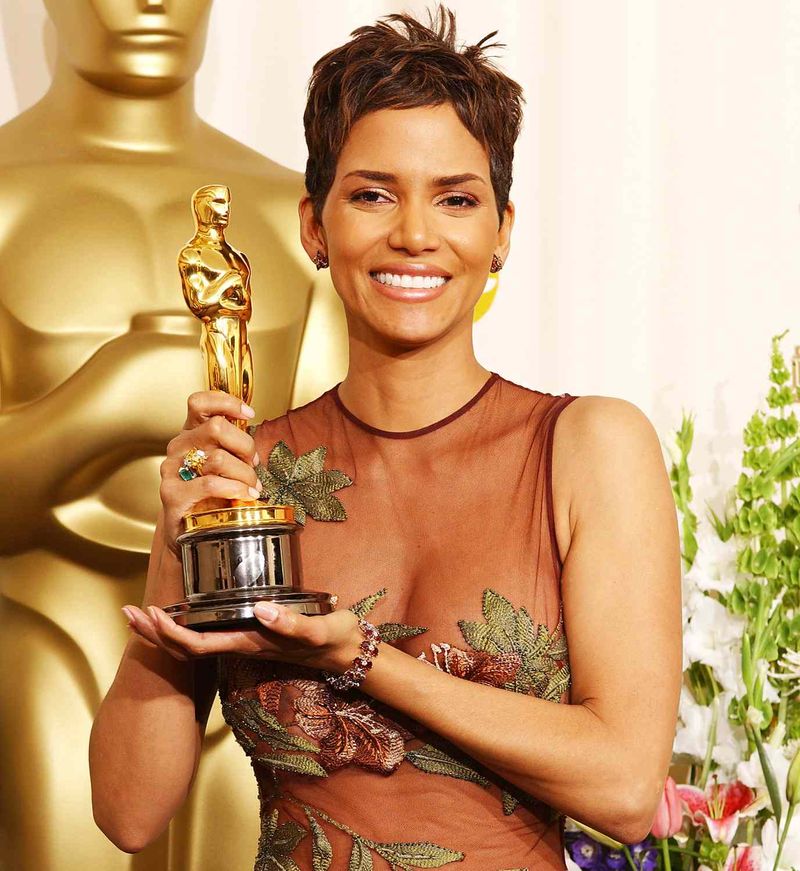
Tears streamed down Halle Berry’s face as she clutched her Best Actress Oscar for “Monster’s Ball.” The first Black woman to win in this category, Berry dedicated her award to “every nameless, faceless woman of color.”
Her emotional speech acknowledged those who came before her and opened doors for those who would follow. The audience rose to their feet in thunderous applause, recognizing the weight of the moment.
Despite two decades passing since this breakthrough, Berry remains the only Black woman to win Best Actress—a fact that continues to highlight Hollywood’s ongoing diversity challenges.
2. Frances McDormand’s Inclusion Rider Moment (2018)
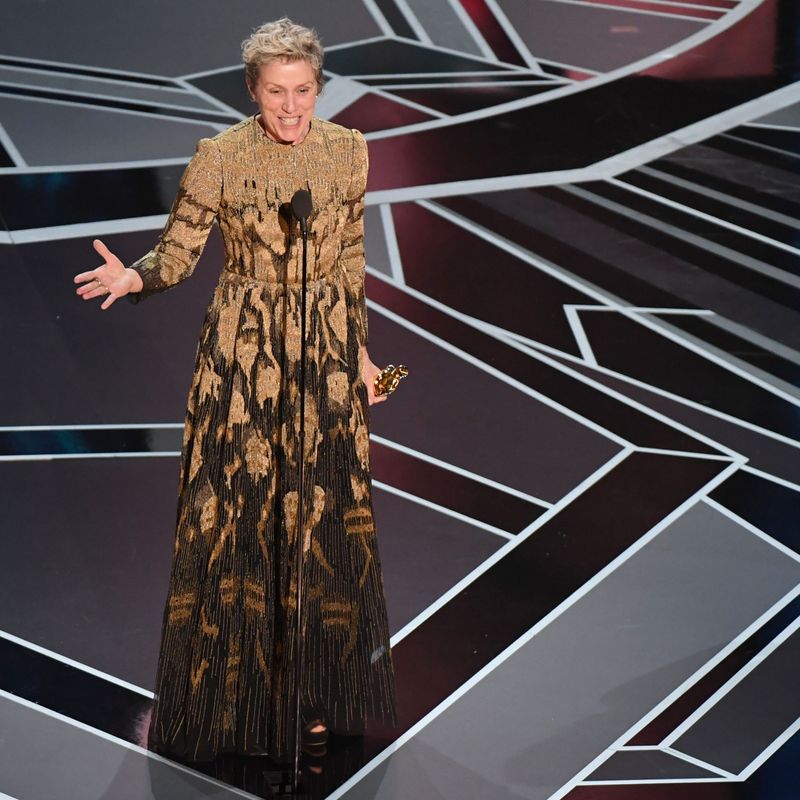
Frances McDormand set her Oscar on the floor and asked all female nominees to stand during her acceptance speech. The room watched in awe as dozens of talented women rose, creating a powerful visual statement about gender representation.
Then came the words that would spark a movement: “inclusion rider.” This contractual provision allows actors to require diversity in casting and production staff.
Hollywood executives scrambled to Google the term as McDormand left the stage. Within days, major production companies and A-list actors announced they would adopt inclusion riders, forever changing how films get made.
3. Kathryn Bigelow Breaks the Directing Ceiling (2010)
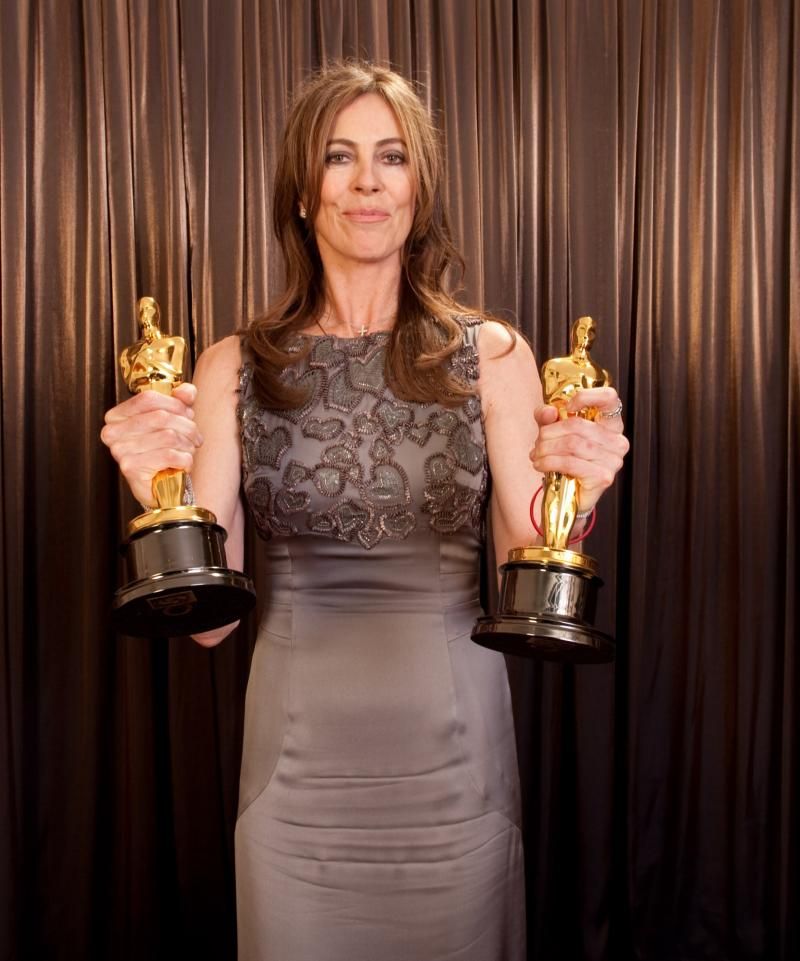
Male directors dominated the Oscars for 82 years until Kathryn Bigelow shattered that tradition. Her war drama “The Hurt Locker” defeated ex-husband James Cameron’s “Avatar,” adding an unexpected personal twist to her victory.
Bigelow’s win wasn’t just personal triumph—it was a watershed moment for women filmmakers everywhere. She didn’t mention gender in her acceptance speech, letting her achievement speak for itself.
The director focused instead on dedicating her award to the troops serving overseas. Her restrained demeanor contrasted sharply with the historical significance of becoming the first woman to win Best Director.
4. Lupita Nyong’o’s Breakthrough Performance (2014)
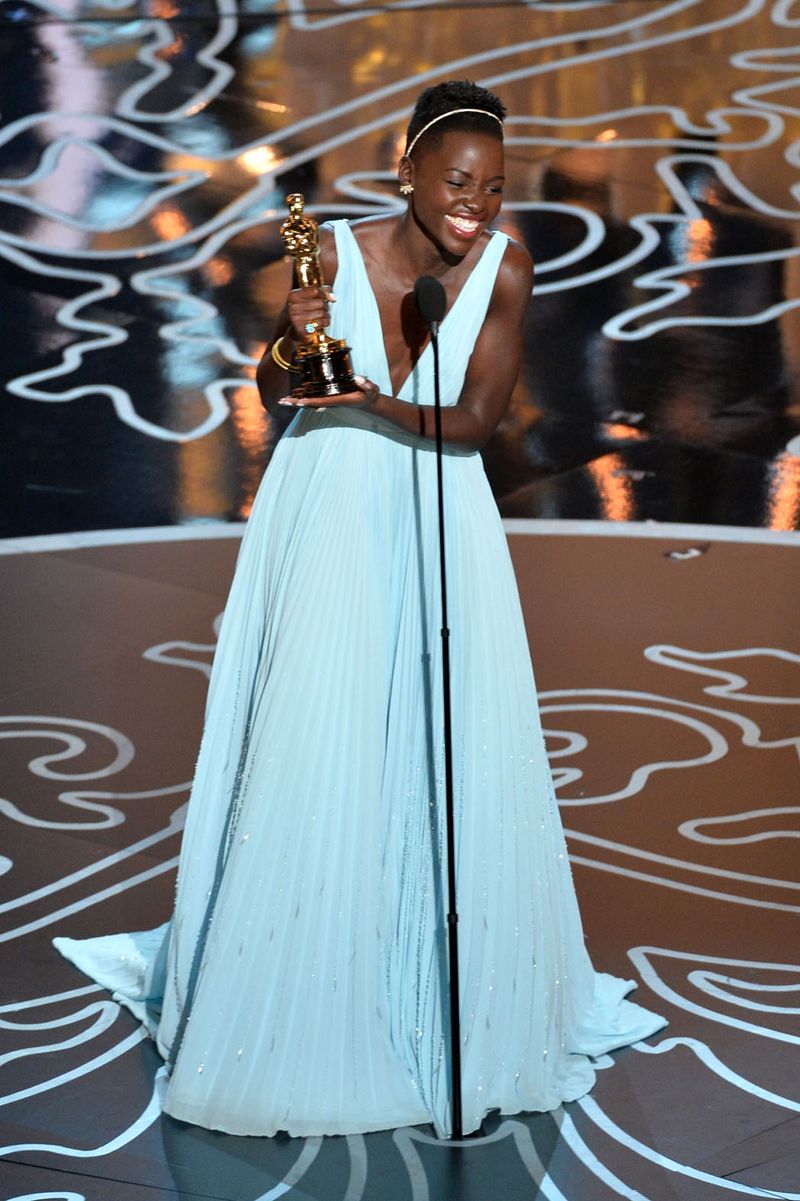
Fresh-faced Yale Drama School graduate Lupita Nyong’o captivated Hollywood with her raw portrayal of Patsey in “12 Years a Slave.” Her supporting actress win came with a speech as graceful as her floating blue Prada gown.
“No matter where you’re from, your dreams are valid,” she declared, her voice steady despite her emotion. The Kenyan-Mexican actress became an instant fashion icon and role model for aspiring performers worldwide.
Behind her composed exterior was a woman who had beaten out seasoned veterans for the role and the award. Her win represented a new generation of diverse talent reshaping Hollywood’s landscape.
5. Meryl Streep’s Political Stand (2017)
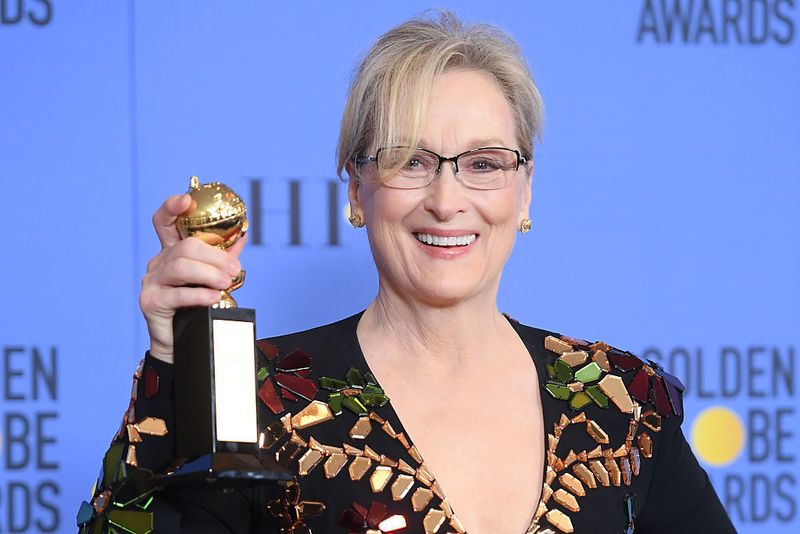
The Cecil B. DeMille Award speech was supposed to be a career celebration. Meryl Streep transformed it into a powerful political moment that left the room in stunned silence.
Without naming then-President Trump, she condemned the mocking of a disabled reporter, reminding Hollywood of its responsibility to stand for truth. Her voice occasionally breaking, Streep championed the free press and immigrant contributions to American arts.
The speech instantly went viral, drawing praise and criticism along political lines. Rather than delivering standard Hollywood self-congratulation, Streep used her platform to address pressing national concerns—proving why she’s considered not just an acting legend but a moral voice.
6. Jennifer Lawrence’s Relatable Fall (2013)
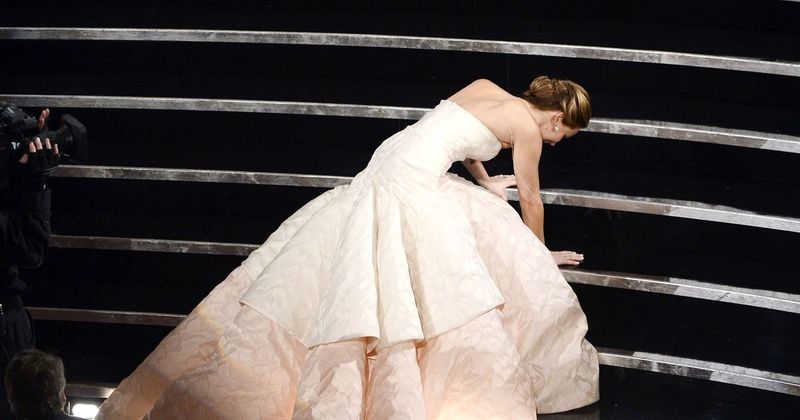
The stairs to the Oscar stage proved treacherous for Jennifer Lawrence as she tripped on her voluminous Dior gown. Rather than hiding her embarrassment, she laughed at herself, creating an instantly relatable moment.
“You guys are just standing up because you feel bad that I fell,” she joked when receiving a standing ovation. The audience fell more in love with her authentic reaction than they would have with a perfect ascent.
Lawrence’s stumble became the night’s most memorable moment, overshadowing even her Best Actress win for “Silver Linings Playbook.” Her ability to handle the mishap with humor cemented her status as Hollywood’s down-to-earth darling.
7. Patricia Arquette’s Equal Pay Demand (2015)
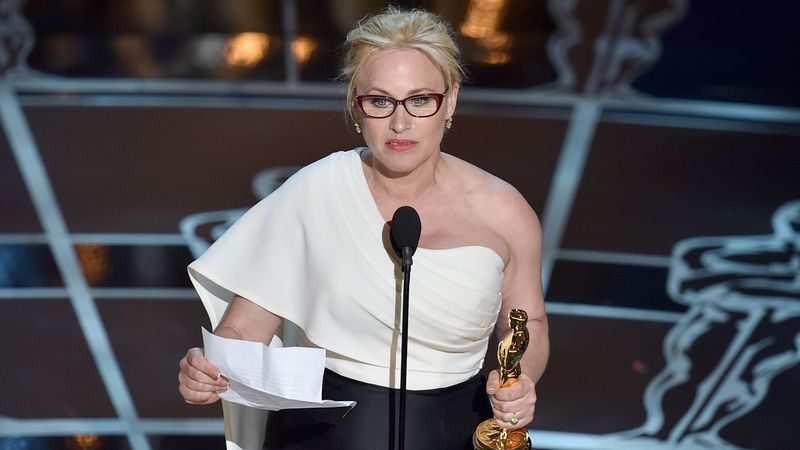
Patricia Arquette had prepared more than the usual thank-you list. Pulling out a paper, she delivered a passionate call for wage equality that had Meryl Streep and Jennifer Lopez jumping from their seats in agreement.
“It’s our time to have wage equality once and for all,” she declared, using her supporting actress win for “Boyhood” to highlight a systemic issue. The camera caught Streep pointing emphatically while shouting “Yes!”
Arquette’s speech transformed from an individual achievement into a rallying cry. Though criticized later for not being intersectional enough, her words sparked renewed conversation about Hollywood’s gender pay gap and pushed studios toward greater transparency.
8. Viola Davis’ Powerful Representation Speech (2017)
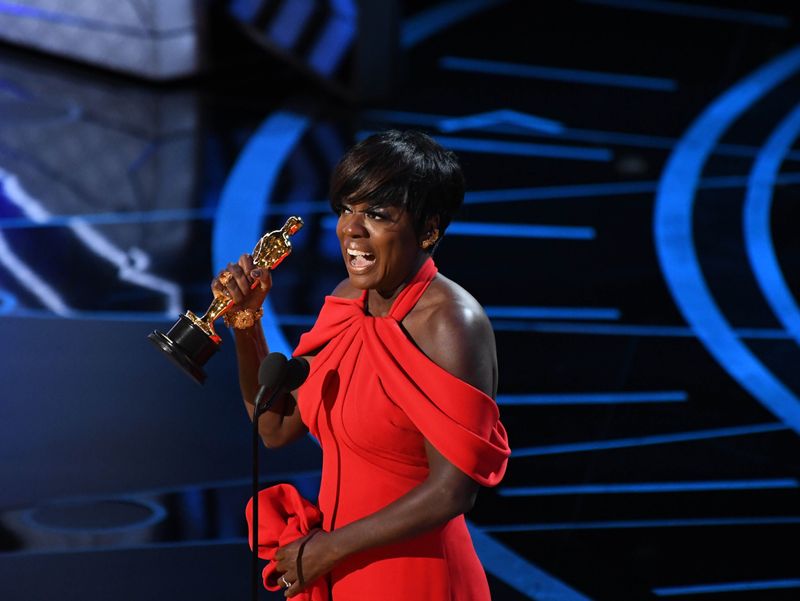
Viola Davis made history as the first Black woman to achieve the Triple Crown of Acting—Emmy, Tony, and Oscar. Her supporting actress win for “Fences” came with a speech that left not a dry eye in the house.
“I became an artist because we are the only profession that celebrates what it means to live a life,” she proclaimed. Davis highlighted the importance of exhuming stories from ordinary people—the ones who dreamed big but never saw those dreams come to fruition.
Her words transcended the typical award acceptance, becoming a meditation on art’s purpose and the power of representation. Davis stood as living proof that excellence eventually finds recognition, no matter how long the journey.
9. Emma Stone’s La La Land Journey (2017)
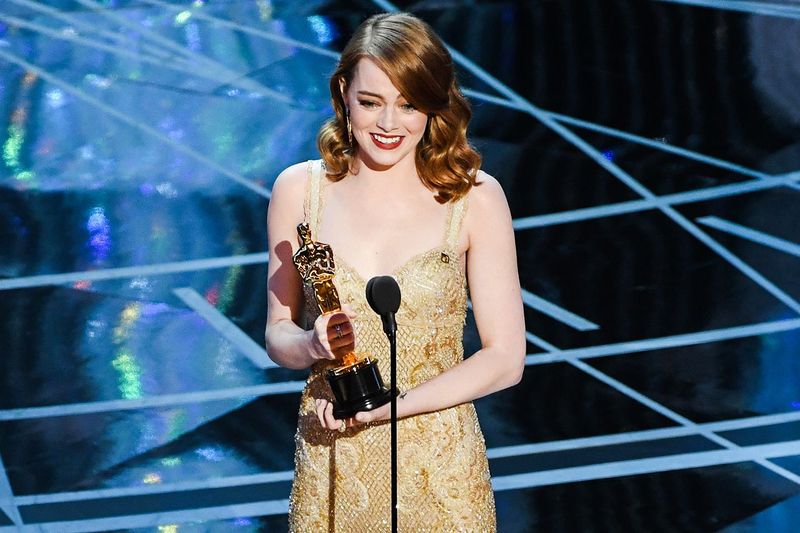
Clutching her Best Actress Oscar, Emma Stone spoke directly to aspiring artists everywhere. Her journey from childhood anxiety to Hollywood’s biggest stage resonated with dreamers watching from home.
Stone acknowledged her “La La Land” character’s struggles mirrored her own, bringing authenticity to her gratitude. The actress managed to be both humble and inspiring, crediting her success to countless audition rejections that built her resilience.
Her win came during the infamous envelope mix-up night, yet her gracious speech remained untarnished by the chaos that followed. Stone’s genuine emotion showed that even at career peaks, vulnerability remains powerful—especially when shared with millions watching.
10. Chloe Zhao’s Groundbreaking Direction (2021)
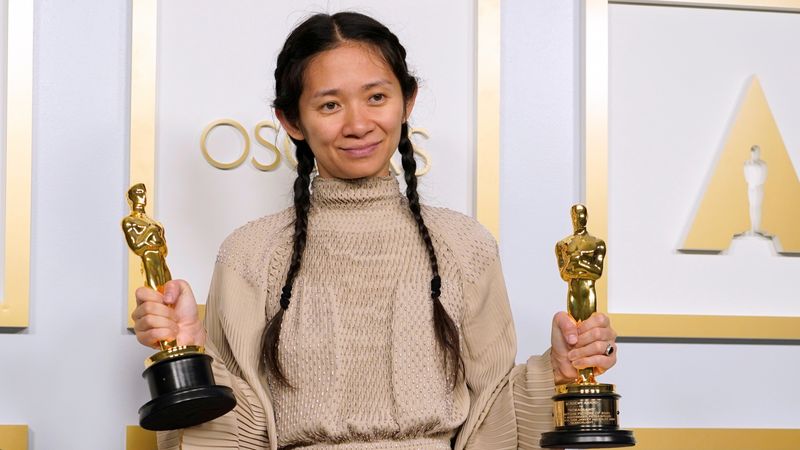
Soft-spoken but resolute, Chloe Zhao accepted her directing Oscar for “Nomadland” with characteristic humility. The first woman of color and second woman ever to win Best Director, she recited a Chinese poem she had memorized as a child.
“People at birth are inherently good,” she translated, explaining how this philosophy guided her filmmaking. Her presence at the podium—casual in sneakers and braids—challenged Hollywood’s glamour traditions.
The pandemic-era ceremony’s smaller audience didn’t diminish the significance of her achievement. Zhao’s win represented changing perspectives in the industry, acknowledging that authentic stories come from diverse voices and unconventional approaches to filmmaking.
11. Olivia Colman’s Charming Surprise (2019)
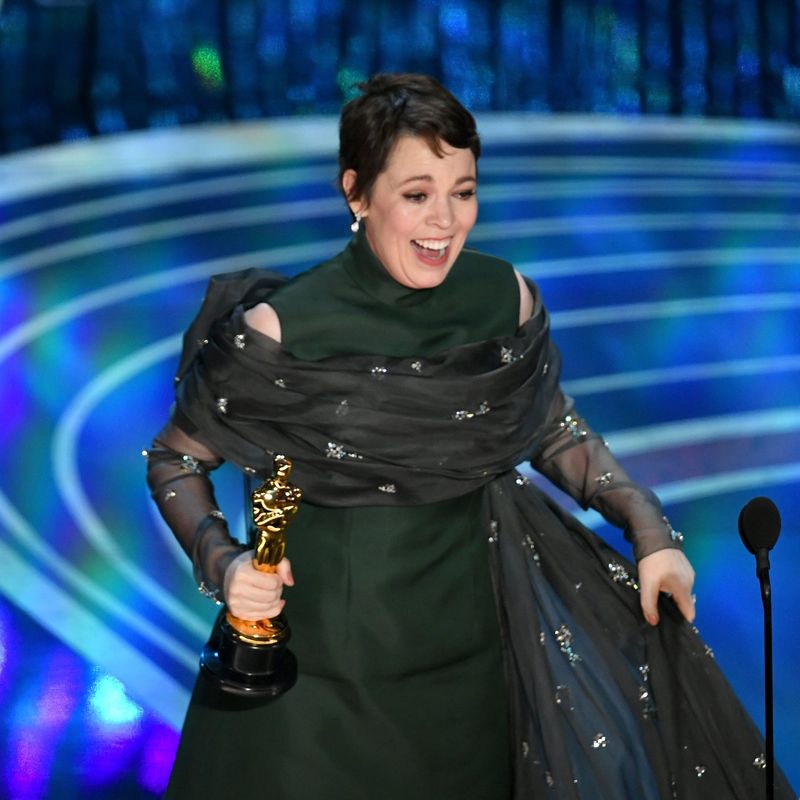
Nobody was more shocked by Olivia Colman’s Best Actress win than Colman herself. Expected to lose to Glenn Close, her genuine disbelief created one of the most endearing acceptance speeches in Oscar history.
“This is genuinely quite stressful!” she exclaimed, before blowing a raspberry at the time-warning light. Her impromptu speech included thanking Lady Gaga, calling her kids watching at home, and apologizing to Close.
British humor shone through as she recalled working as a cleaner and dreaming of this moment. Colman’s unfiltered joy provided a refreshing contrast to carefully prepared speeches, reminding viewers that sometimes authenticity trumps polish on Hollywood’s biggest stage.
12. Brie Larson’s Advocacy for Survivors (2016)
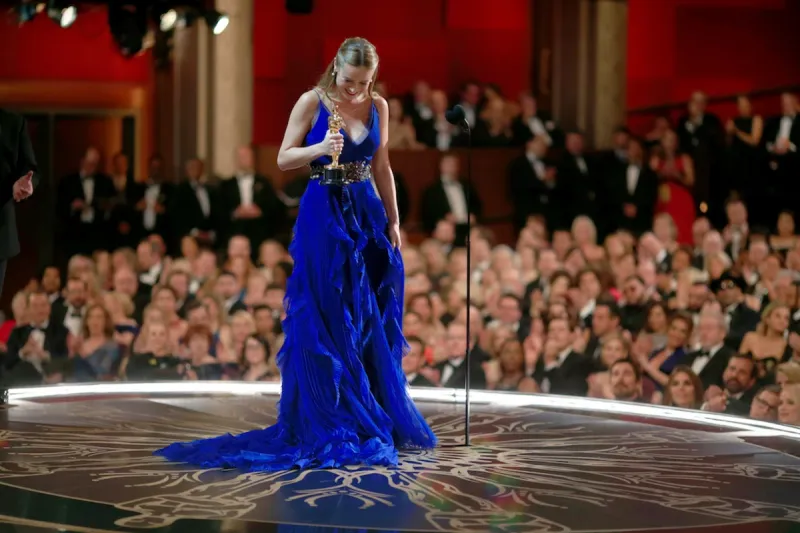
Brie Larson’s embrace of SA survivors created the ceremony’s most meaningful moment. After winning Best Actress for portraying a captive assault victim in “Room,” Larson hugged each survivor who had appeared in Lady Gaga’s performance.
Her advocacy extended beyond the ceremony—she had spent months researching trauma and meeting with survivors to portray her character authentically. The camera caught her deliberate choice not to applaud when Casey Affleck, who had faced harassment allegations, won Best Actor.
Without grandstanding, Larson demonstrated how actors can use their platform for meaningful solidarity. Her quiet actions spoke volumes about supporting survivors, even when it meant breaking Hollywood’s applause protocols.
13. Oprah Winfrey’s Humanitarian Award Speech (2012)
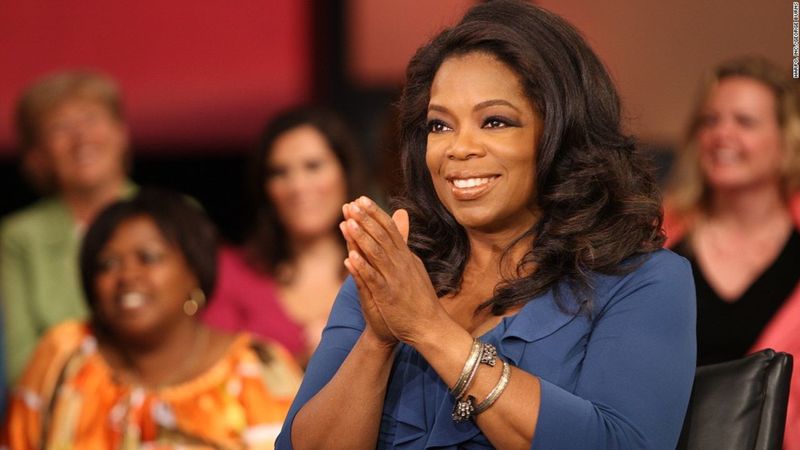
The Jean Hersholt Humanitarian Award found its perfect recipient in Oprah Winfrey. Her acceptance speech transformed from personal gratitude to a masterclass in inspiration, drawing on her journey from poverty to media empire.
Winfrey connected her childhood watching Sidney Poitier win an Oscar to standing on the same stage decades later. The audience hung on every word as she explained how her career became a calling to elevate human consciousness.
Her voice rising with emotion, she declared that helping others is the true reward of success. The speech showcased why Winfrey remains unmatched in her ability to inspire through personal narrative—making her humanitarian award about everyone’s potential to serve.
14. Lady Gaga’s Powerful Performance (2016)
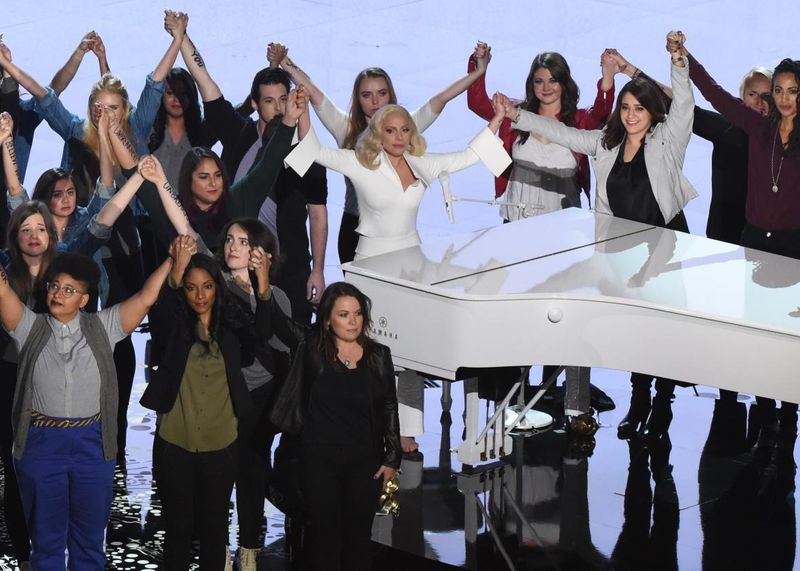
Fifty SA survivors stood behind Lady Gaga as she concluded her emotional performance of “Til It Happens To You.” The song, from the campus assault documentary “The Hunting Ground,” transformed from entertainment into activism.
Seated at a white piano, Gaga’s raw vocals conveyed personal pain before the stage filled with survivors, each with messages like “Not Your Fault” written on their arms. Vice President Joe Biden introduced her performance with a call to action against campus SA.
The Academy Awards rarely features such unflinching confrontation of trauma. Though Gaga didn’t win the Oscar that night, her performance accomplished something greater—giving survivors a global platform and challenging Hollywood to address that kind of violence honestly.
15. Michelle Yeoh’s Barrier-Breaking Win (2023)
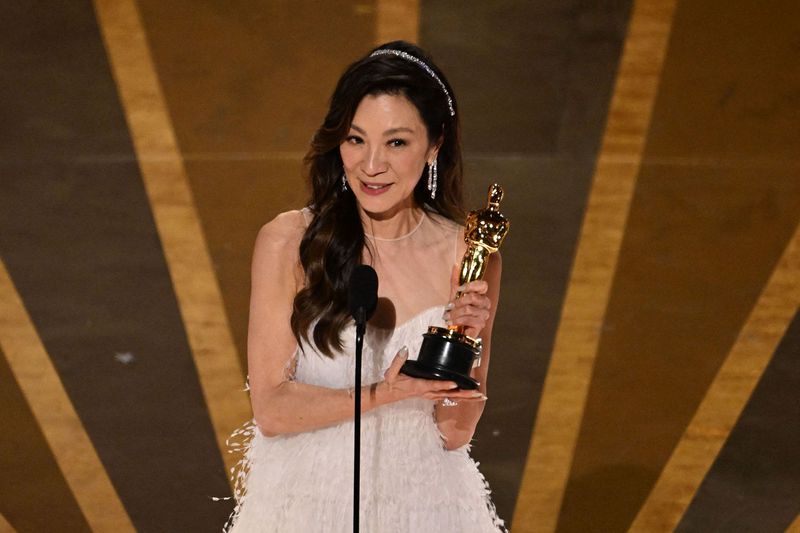
“For all the little boys and girls who look like me watching tonight, this is a beacon of hope and possibilities,” declared Michelle Yeoh, the first Asian woman to win Best Actress. Her victory for “Everything Everywhere All at Once” came after decades in the industry.
Yeoh addressed women directly: “Ladies, don’t let anybody tell you you are ever past your prime.” At 60, her win challenged Hollywood’s ageism and racism simultaneously.
The Malaysian-born actress’s journey from action star to Oscar winner represented perseverance across continents and genres. Her emotional speech balanced personal triumph with responsibility to the communities she represents—proving representation isn’t just symbolic but transformational.
16. Jane Fonda’s Vietnam Protest (1972)
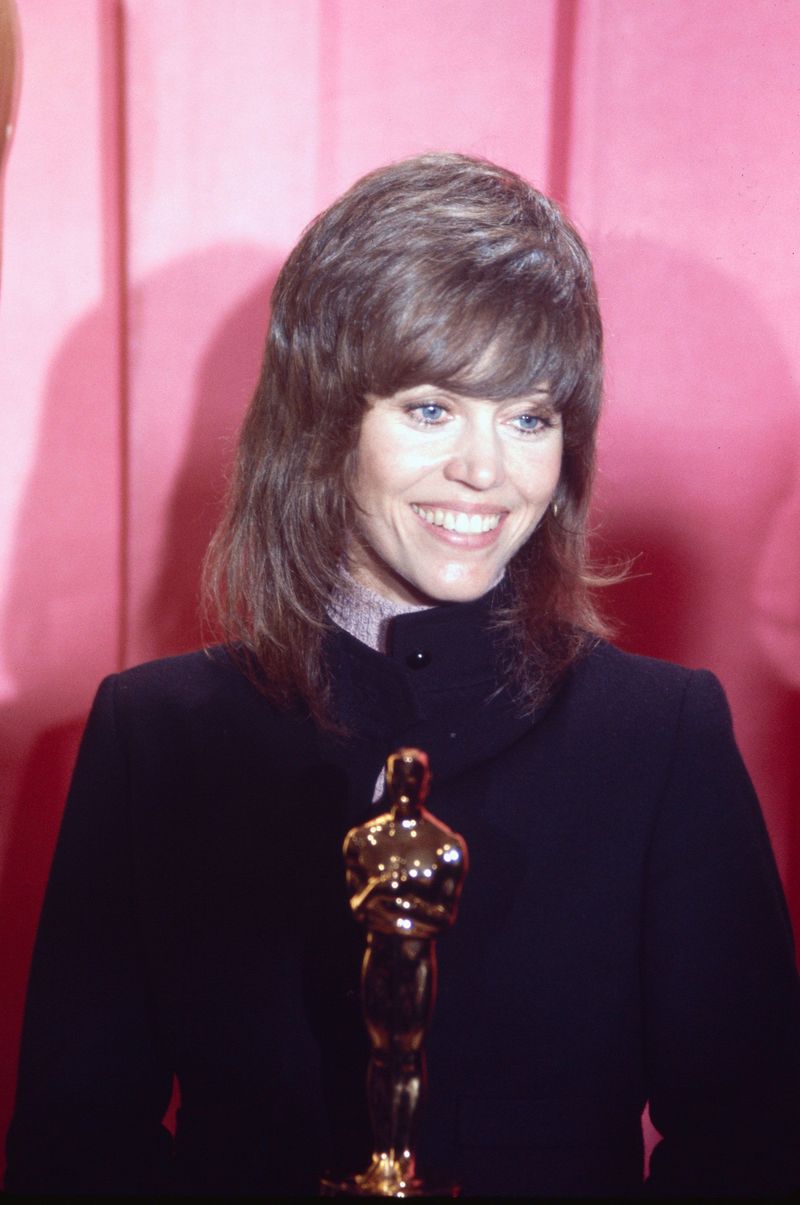
Jane Fonda turned her Best Actress win for “Klute” into a political statement that divided America. Instead of glamour, she wore a simple black Yves Saint Laurent suit, rejecting Oscar pageantry during the Vietnam War.
Her acceptance speech was notably brief, without the usual tearful gratitude. Backstage, she spoke forcefully about the war and her controversial visit to North Vietnam that had earned her the nickname “Hanoi Jane.”
Boos mixed with applause demonstrated Hollywood’s political divide. Fonda’s willingness to risk her career for her convictions established a template for politically engaged celebrities. Fifty years later, her Oscar moment remains a blueprint for stars using their platform for activism.
17. Cher’s Fashion Revolution (1986)
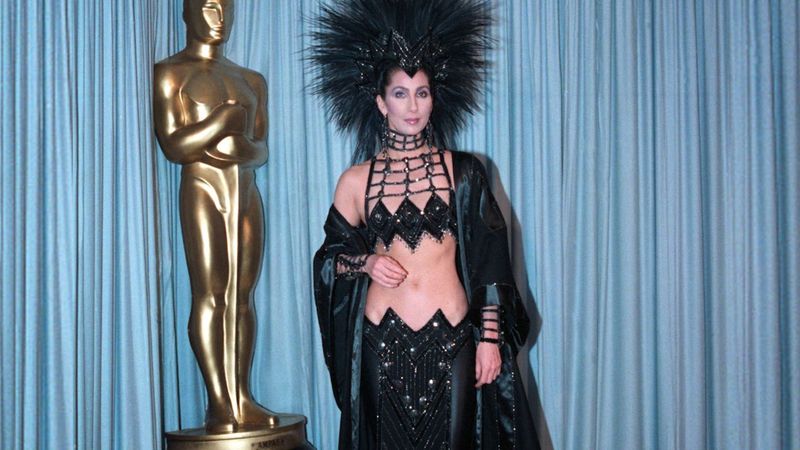
The collective gasp was audible when Cher arrived in her Bob Mackie showgirl-inspired creation. The towering feathered headdress and midriff-baring outfit deliberately thumbed its nose at Academy conservatism after she’d been snubbed for “Mask.”
“As you can see, I did receive my Academy booklet on how to dress like a serious actress,” she quipped while presenting an award. Her fashion rebellion became more poignant when she returned two years later to win Best Actress for “Moonstruck.”
Cher’s outfit did more than shock—it expanded the definition of Oscar fashion. Her refusal to conform created space for personal expression on the red carpet, influencing decades of celebrity fashion that followed.
18. Barbra Streisand’s Groundbreaking Tie (1969)
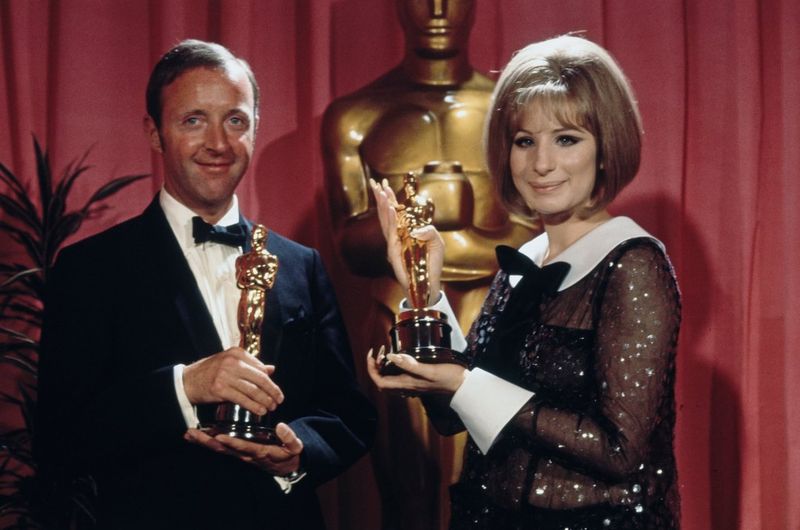
“Hello, gorgeous!” Barbra Streisand greeted her Oscar, quoting her character from “Funny Girl.” The unexpected twist? She had tied with Katharine Hepburn for Best Actress—the only exact tie in a major Oscar category.
Streisand’s transparent sequined pantsuit caused almost as much talk as her win. The outfit’s designer, Arnold Scaasi, hadn’t realized it would become see-through under the bright lights, creating an unintended scandalous moment.
The Brooklyn-born performer’s victory represented a new generation of talent. Hepburn, the old Hollywood guard, didn’t attend the ceremony, leaving Streisand to steal the spotlight completely—setting the pattern for her boundary-pushing career.
19. Shirley MacLaine’s Spiritual Acceptance (1984)
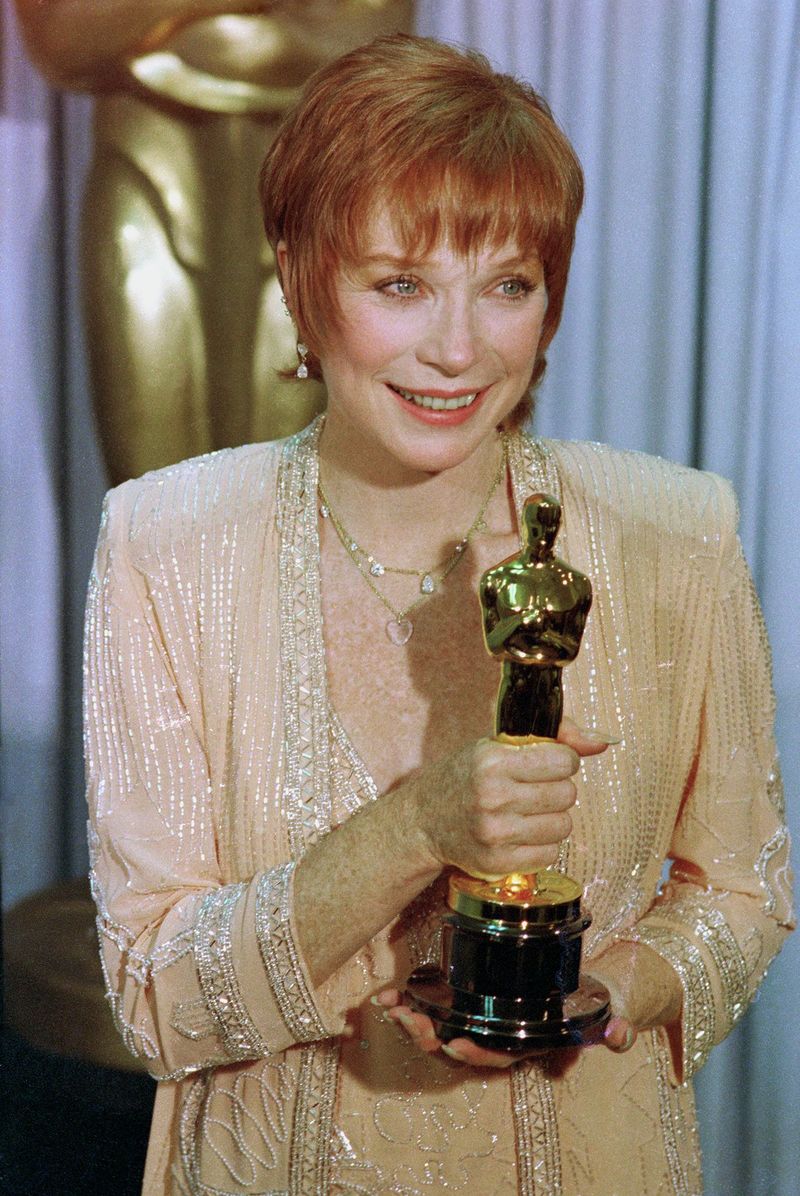
After six nominations spanning 26 years, Shirley MacLaine finally won Best Actress for “Terms of Endearment.” Her acceptance speech ventured where no Oscar speech had gone before—into past lives and spiritual philosophy.
“I deserve this!” she declared unapologetically, before thanking the film’s characters for agreeing “to meet this time.” The audience tittered nervously as MacLaine referenced reincarnation theories she had long advocated.
Her brother Warren Beatty watched with visible amusement as she concluded with “It all goes around and comes around.” MacLaine’s willingness to bring her controversial spiritual beliefs to Hollywood’s biggest stage demonstrated rare authenticity, making her win uniquely memorable.
20. Ruth E. Carter’s Historic Costume Design Win (2019)
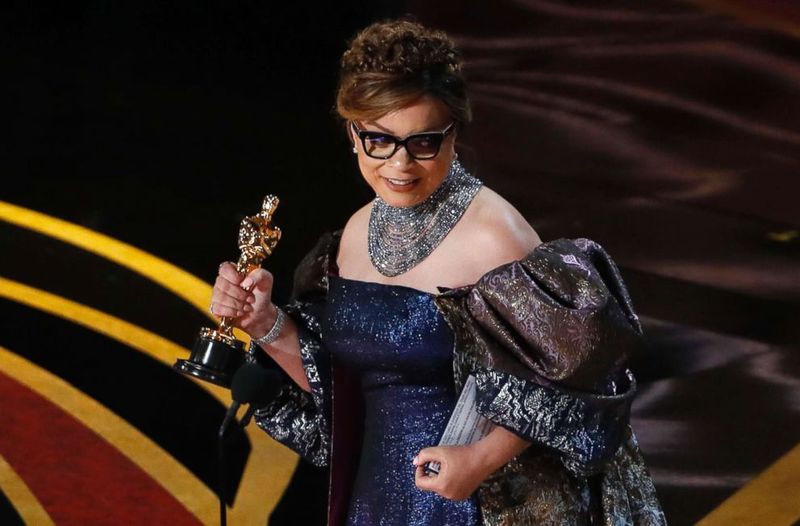
Ruth E. Carter’s journey to becoming the first Black woman to win for Costume Design spanned three decades and 40+ films. Her victory for “Black Panther” broke a 91-year barrier at the Academy Awards.
“This has been a long time coming,” she acknowledged, crediting director Spike Lee for giving her start. Carter’s intricate Afrofuturistic designs for Wakanda had redefined superhero aesthetics, blending traditional African elements with futuristic technology.
Her backstage revelations about researching African tribes and creating over 700 costumes highlighted the scholarly approach behind her artistry. Carter’s win represented not just personal achievement but recognition for Black excellence in technical fields long overlooked by Hollywood.

Comments
Loading…